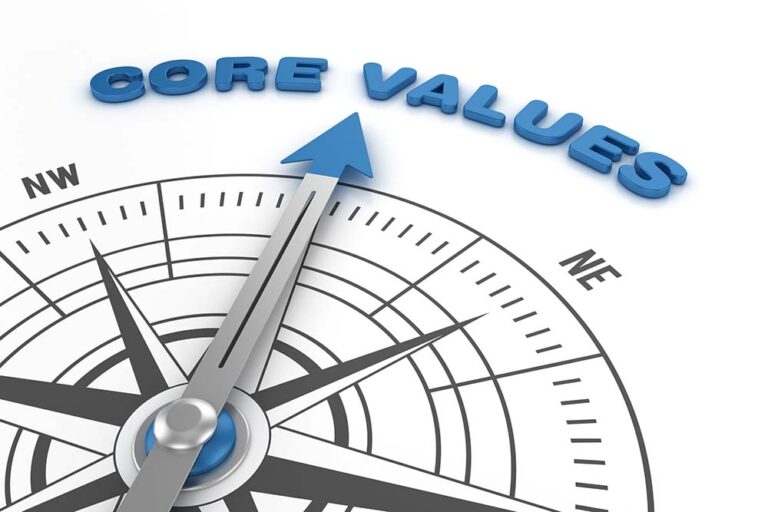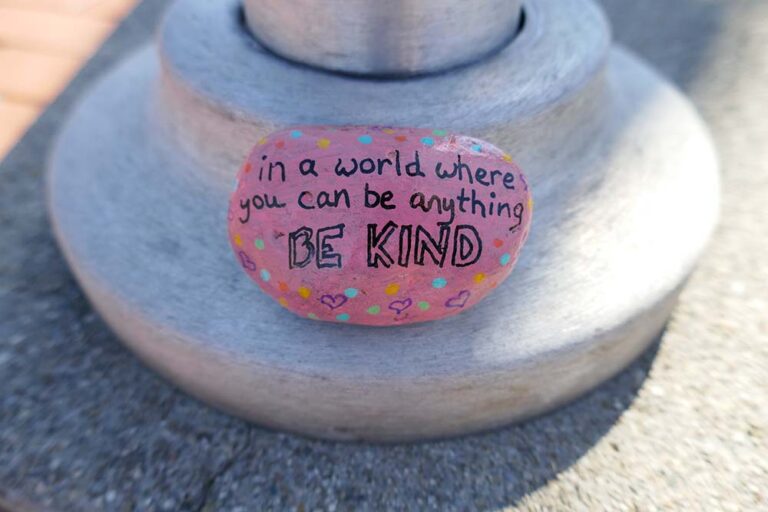Whether you are currently serving in a management or executive role for your company, you are new to a leadership role, or you aspire to be in one, performing your existing job duties well isn’t enough. For leaders to successfully guide teams, inspire action, and maintain a collaborative, inclusive environment, identify whether these skills are among your current capabilities. Take note: some traits on this list will require honest self-reflection.
Critical Leadership Skills
- Good Judgment and Discernment. Can you use good judgment and discern between fact, fiction, and rumor? Do you seek out information that truly informs, and doesn’t just reinforce your existing viewpoint? The ability to assess a situation and its implications, consequences, and how it may affect others differently is important. It helps to determine the best path forward critically and objectively. Feelings are valid and can shape your reality, but feelings aren’t facts.
- Understanding of Vision. You may be able to repeat your company’s vision, but do you understand its importance and how you help achieve it? Can you translate that understanding to others and their roles? Do you know where your organization is in setting and achieving goals that support the vision? And can you help prioritize and goal set based on that understanding?
- Decisiveness. Do you spend so much time in the discovery phase of assessing a situation that you take too long to formulate a response? Once you make a plan do you test it and secure feedback and buy-in from relevant colleagues and your team? Or do you second guess yourself until you have to choose the option that’s most expedient? Obtain data and input that helps you make the best next step and commit to it.
Viewing errors as necessary, important growth moments is a valuable leadership skill.
- Information-seeking. Waiting for someone to tell you what to do is a recipe for failure. Seeking information is an active – not a passive – process. Are you asking the questions that help you plan for your team’s goals, whether or not you’re in charge of a project? If you don’t have all the pieces you need to formulate a plan, do you Do you know the publications and resources that can give the best insights into your industry? You can’t rely solely on what you learned in school, or even in professional development endeavors five years ago. Processes and methodologies shift. Information changes. Best practices evolve. And so should you.
- Accessibility. Particularly now, when so many colleagues are working remotely and office hours may be non-standard, your team should always know how to reach you and when. Beyond questions about work issues, leaders should be connecting with employees regularly to check in, emphasize what’s available to them (including you), and ask what they may need. Then listen, with attentiveness and empathy.
- Appreciation of mistakes. Of course, no one is perfect. You have to expect to make mistakes and help team members correct theirs. But do you fail forward? To avoid failure, you and your team would need to do nothing. That’s not practical or productive. Viewing errors as necessary, important growth moments is a valuable leadership skill. Mistakes help us uncover flaws, update thinking, and pivot to create better results. Use errors as the steppingstones to the next success. Ask the questions that provide insight, rather than trying to hide missteps. It’s far more instructional for teams to truly understand the paths they took to achieve a goal, including course correction, rather than chalking it up to good fortune because something happened to work.
- Growth Mindset and Open-mindedness. Do you actively try to learn from others, at any level of your organization? Do you identify your improvement areas and determine to overcome them? (Maybe you’ve identified some as you’ve read through this list.) Do you. confront overt or implicit bias when it appears in meetings, emails, or discussions? We are all works in progress, and we may never be finished improving ourselves. The most important factor is to accept constructive feedback and then act upon it.
- Future Focus. If you are only living in the now, you won’t be able to prepare your teams or yourself for what’s to come. Stop going by the way things have always been done, and embrace the fact that change will arrive, whether you want it to or not. How many managers said that certain roles could never function remotely? But look what happened in the past year. Necessity brought about a wholesale change in how we work. Are you thinking about what your clients will ask for next? Are you paying attention to the trends in your industry and beyond that may affect what you do and how you do it? That’s being future focused.
- Allyship to amplify Corporate Values. Leadership is tasked with living corporate values, but also being the example of what’s appropriate in terms of language and behavior. This skill is especially timely, as more organizations strive to become more diverse and inclusive. And it must be connected clearly to corporate values. Being an ally is more than agreeing that someone has the right to be part of the organization. It means that you’re prepared to defend them when others act or speak in ways that diminish their ability to contribute and collaborate effectively. It means using your political capital to advocate for them regarding promotions or developmental assignments. It also means amplifying their voices in meetings where their point of view has been sidelined.
Allyship Deeper Dive
Let’s take a quick quiz:
- Do you (or do members of your team) assume that candidates of underrepresented groups in your organization would be lesser quality than majority group candidates?
- Do you (or do members of your team) talk over or diminish the viewpoint of team members from underrepresented groups, but when others say the same thing, you agree and amplify that view?
- Do you (or do members of your team) look with a more critical eye at current employees of underrepresented groups when reviewing talent and succession planning?
- Do you (or do members of your team) call out behavior that violates your company core values?
If you answered yes to one or more of these questions, it’s time to be a better ally. Your associates are experiencing microaggressions in the workplace. As a leader, it’s your job to prevent it or stop it.
Keep in mind, microaggressions are not limited to just one group. In a 2019 Glassdoor survey, 61% of U.S. employees have witnessed or experienced discrimination based on age, race, gender, or LGBTQ identity in the workplace.
It’s time to replace the Golden Rule (which assumes everyone is the same) with the Platinum Rule: Treat others as they wish to be treated.
If you’ve agreed to uphold the values of your organization, which includes respect for all employees, you need to make sure you’re walking the walk. Are you able to identify a gap between your corporate values/ DEI statements and your day-to-day behaviors or those of the employees you lead? How can you close it? One thing is for sure, it won’t be by telling people to be less sensitive.
Becoming an ally is about listening to members of underrepresented groups and providing a safe space to express their career aspirations and then developing them along with others to compete for promotional opportunities. It’s about being an advocate for them during the succession planning process to ensure they have parity in opportunities. . It also means that if they aren’t ready for the opportunity, you’re honest with them about it. Have candid, caring, and compassionate conversations about skills and behaviors that can move them closer to their career aspirations.
While consulting on a project for a large organization, a key leadership role became available, and we began looking for talent to fill this role. The company had a strong cultural tendency to hire from the same industry or from within the organization, promoting internally. But the organization was, on paper, striving to increase diversity, equity, and inclusion (DEI.) The hiring manager was a strong advocate for bringing in a demographically and behaviorally diverse individual for this role and worked hard to identify and hire a candidate that met that diversity preference, while also meeting the requirements for the job. The hiring manager creating the conditions for the organization to consider candidates from outside the industry, therefore expanding the talent pool while also helping to diversify the organization’s team. This is a great example of being an ally. The hiring manager risked political capital to achieve DEI and organizational goals.
In daily work environments, allyship is also demonstrated by stepping up to inappropriate behavior that violates the spirit of DEI and corporate values. This is required at all levels of an organization, too. When a leader engages in behavior that is against DEI and corporate values, they should admit that mistake and make amends.
Most importantly, consider this. Intent no longer matters – only your impact matters.
If your words offended someone, they were offensive. Even if you didn’t mean it that way or didn’t understand why someone took it as an affront to them. We live in a world where mutual adaption is required for our collective survival.
I’ve written about it before, but it’s time to replace the Golden Rule (which assumes everyone is the same) with the Platinum Rule: Treat others as they wish to be treated.
These may not be the qualities you believed a leader needed when you started your professional journey. But today, they’re essential.








